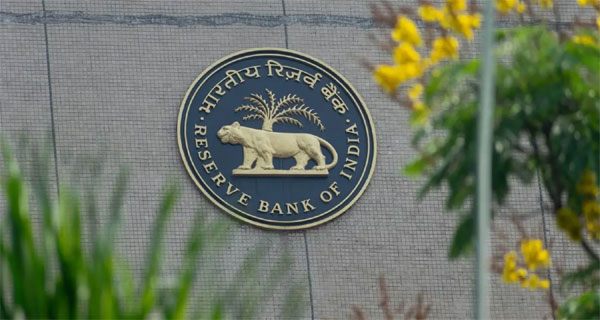Daijiworld Media Network - Mumbai
Mumbai, Oct 25: The Reserve Bank of India (RBI) has proposed new guidelines that would allow banks to provide loans to Indian companies seeking to acquire full or controlling stakes in other firms, both within the country and overseas. The move aims to support strategic, long-term investments and strengthen the global competitiveness of Indian corporates.
Under the draft framework, only listed companies with a strong financial record — including a satisfactory net worth and profitability for at least the past three years — will qualify for such funding. Banks will be permitted to finance up to 70 per cent of the total acquisition cost, with the remaining 30 per cent to be contributed by the acquiring company through its own equity.

The RBI has clarified that the financing may be extended either directly to the acquiring company or to a special purpose vehicle (SPV) established specifically for the acquisition. However, both the acquiring firm and the SPV must be body corporates and not financial intermediaries, such as non-banking financial companies (NBFCs) or alternative investment funds (AIFs). The guidelines also state that there must be no family relationship between the acquiring and target entities.
To ensure transparency and safeguard against inflated valuations, the Securities and Exchange Board of India (SEBI) requirement of two independent valuations for the target company will apply. Banks will also be expected to assess credit risk based on the combined financial position of both the acquirer and the target company.
The RBI’s draft circular calls for banks to develop a comprehensive internal policy on acquisition financing, covering eligibility norms, collateral requirements, risk management, and monitoring systems.
Currently, Indian banks can only participate in a limited number of acquisition-related transactions. The proposed changes are intended to expand access to acquisition financing while ensuring prudent lending practices remain intact.
The RBI has sought feedback from stakeholders on the proposal before finalising the new guidelines.